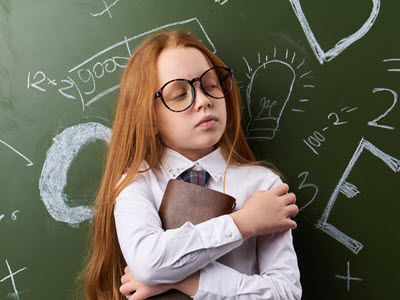 Becoming a ‘big kid’ can be so confusing.
Becoming a ‘big kid’ can be so confusing.
It is Monday morning, and Susan says she is not feeling well- again. This is the third week in a row that she does not want to go to school. “I am not going,” she yells, tearfully. “I don’t like school. I don’t like anyone there, and I don’t have any friends anyway. The teacher is always picking on me. Ugh. She is mean!”
Friendships change…
Susan has wanted to stay home more and more as the weeks went by. Susan’s mother noticed that she does not talk about her friends anymore. Susan’s mother is confused. Susan used to be such a happy little girl who got along with everyone. What is going on?
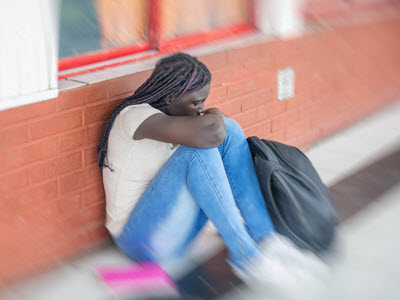 Big feelings happen…
Big feelings happen…
Susan, just like many kids, is experiencing changes within her friendships, academics, family, body, thoughts, and emotions. I tend to describe it like a big whirlwind or volcano to kiddos who come to the office.
Susan may be experiencing tough interactions with previous friends. She might be having difficulties grasping the information taught in the classroom.
Maybe her family is going through a transition. A divorce, relocation, trauma, or other family disruptions. There are strategies Susan can learn to cope with life’s circumstances – that are often out of her control.
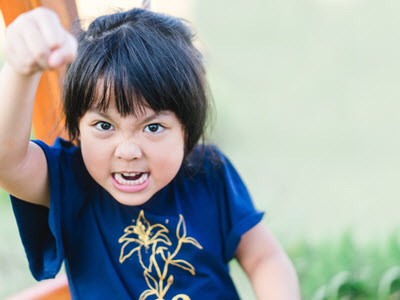 Big emotions tend to lead to big behaviors
Big emotions tend to lead to big behaviors
Feeling overwhelmed and confused as an adult is challenging. Imagine what it felt like when you had limited outlets and resources as a child.
I tend to see underlying emotions influencing kids’ behaviors. Once the emotions are dealt with in healthier ways, the behaviors have a chance to change as well.
Emotions can be overwhelming.
Emotions are scary and not talked about in some families. Maybe it was not allowed. Maybe it was scary. It might be off-topic in some families, in some cultures; one might be expected to only show happiness and joy.
Emotions can be overwhelming. We need to provide an opportunity for young children to break these emotions down – and look to see what is hiding underneath. Through understanding the child’s emotions, we can begin to teach how to express them in healthier ways. This process can be a life-changer for families.
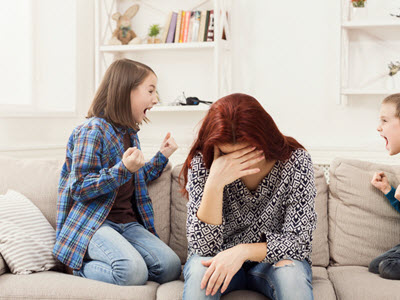 Working with me can help your child know what to do.
Working with me can help your child know what to do.
I am deeply connected to children and teens, both in a professional and personal way. Having had access to therapy as a child/teen may have eased some of the transitions, we went through in our own childhood.
It is fascinating to notice a shift in kids when they realize they can do things to keep the “volcano” from erupting. They can cope with anger in healthier ways and not feel so “out-of-control”.
We create “shields” in therapy to protect ourselves against outside messages (negative talk, bullying, etc.) and use a “bubble” to know what our personal space is. We draw, we talk, we laugh, and shed tears in child therapy.
Therapy is another tool a child can use during their development to work through some difficult stuff.
I tend to connect well with kiddos and know when to jump in to do the “work” with them. Kids who have worked with me in different settings aren’t scared of therapy after they move on; they are also not scared of “big emotions.”
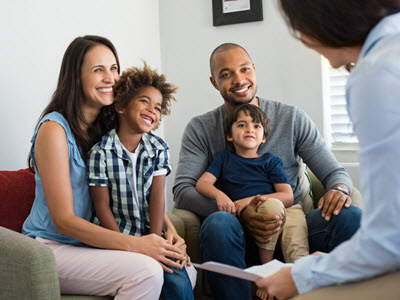 Children are fun!
Children are fun!
I truly enjoy working with kiddos and have for years in many different settings. I also understand the challenges that come with being a parent both personally and professionally and am able to honor these.
Kiddos who have worked with me tend to have more insight into their inner world – their emotions, their thoughts, and their behaviors.
Is it time for your child to gain healthier coping skills? Does your child need a safe environment to process a difficult transition that has occurred or need support around a specific behavior that is causing disruption to themselves and/or your family?
It is time to find a solution rather than a temporary fix. Call me today at (408) 785-2189 to talk about how I can help you and your child.

